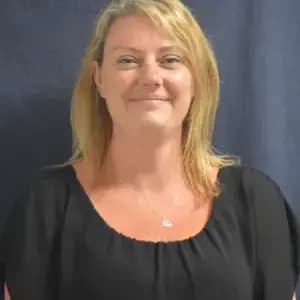A Spires tutor in South Tottenham designs a personalised learning plan that aligns with the UK National Curriculum, blends interactive whiteboard work, and provides unlimited lesson replays. Across Spires, 93 % of students report grade improvements and an average uplift of +1.8 boundaries after 33 hours of tuition*. South Tottenham families gain rapid access to qualified teachers, examiners, and researchers without leaving home. Register free and post your tuition request today.
What learning advantages do online lessons with Tutors in South Tottenham offer compared with classroom teaching?
Online tuition removes travel, expands subject choice, and lets each tutor tailor teaching pace. The secure classroom includes shared worksheets, science simulations, and literacy resources. All sessions are recorded, so learners can pause, review, and consolidate English language and mathematics skills any time. Progress data are stored for easy feedback to school and parents.
How can Tutors in South Tottenham boost confidence in GCSE mathematics students?
Every South Tottenham maths tutor begins with a diagnostic test to identify knowledge gaps in algebra, geometry, and statistics. Structured practice, timed exam questions, and positive reinforcement raise confidence and fluency. GCSE students working with Spires see an average gain of 2.4 grades, with 78 % achieving 7–9*. Consistent praise and visible score tracking turn anxiety into mathematical self-belief.
Can Tutors in South Tottenham prepare me for mathematics and science courses at university?
Yes. Specialist tutors holding PhDs in Physics, Chemistry, or Engineering run seminar-style sessions that mirror Russell Group expectations. You will master problem-solving methods, refine scientific writing, and rehearse entrance exam techniques. Recorded lessons create a personal revision archive that you can revisit throughout your undergraduate education.
Do Tutors in South Tottenham adapt tutoring to the national curriculum and individual learning styles?
Every tutor follows a curriculum mapping process, then adapts resources for visual, auditory, or kinesthetic preferences. Marked homework, progress rubrics, and parental dashboards ensure each student—whether gifted, dyslexic, or in special education—receives the right level of challenge and support.















